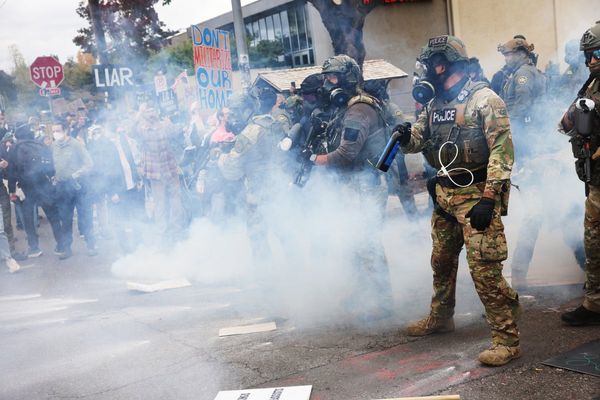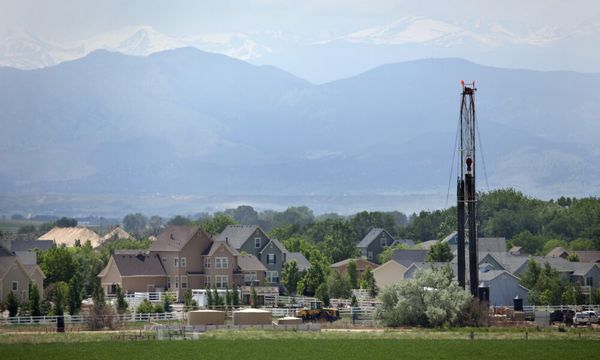The weather is expected to keep getting wetter for inland NSW and Victoria's alpine regions today as the biggest frontal system of the season sweeps through.
The complex low pressure system is not being followed by the usual piercingly cold change, which is great news for those who are sick of shivering but a worry for the ski fields.
Why all the wild weather?
The first in a series of cold fronts moved through Western Australia on Monday, where some Perth suburbs were hit by their highest wind gusts on record and power outages caused havoc at the airport.
The next swept across South Australia on Tuesday.
Today a third is sweeping across the south-east.
"That's going to tap into some tropical moisture, leading to widespread rainfall across much of inland New South Wales and north-eastern parts of Victoria," weather bureau meteorologist Dean Narramore said.
"The main band will really start to pick up on Thursday morning and then become widespread across New South Wales and north-eastern Victoria Thursday afternoon and Thursday night."
He said the heaviest falls were expected west of the Great Dividing Range.
"This is more of an inland rain event," Mr Narramore said.
He said more than 100 millimetres of rain could fall on Victorian alpine regions today.
"That could lead to minor to moderate flooding on some of our rivers, creeks and streams," he said.
"So something to watch as you move through later into Thursday into Friday."
Rain is also expected to continue over northern and western parts of Tasmania, where flood warnings are also current.
Wind impacts are not expected to be as bad as in the past few days.
But Mr Narramore warned gusts of about 100 kilometres an hour were still likely through north-eastern parts of Victoria, particularly for alpine areas.
He said elevated parts of New South Wales were also at risk of strong winds, with gusts of up to 125 kilometres an hour predicted in the Snowy Mountains.
Watch for warnings
Victoria State Emergency Service chief officer of operations, Tim Wiebusch, urged people to keep up with emergency information.
"Ensure you listen to the advice of emergency services, and secure loose items in and around your home, park your vehicle undercover, away from trees and remain indoors until the severe weather has passed," he said.
"As we are expecting heavy rain in parts of Victoria, it’s important you never drive through floodwater.
"Attempting to drive through flood waters may be the last decision you make," he said.
Bad news for the snow fields
Cold fronts are usually followed by a blast of icy southerly air. But this time around temperatures have remained remarkably balmy.
Mr Narramore said that was because the large complex low had been blocking the cold air from coming up.
He said it had instead been stuck over the south-west of Western Australia.
"So large parts of WA are in that west or south-westerly stream behind the cold front and low pressure system, that's directing the much colder conditions there," he said.
"But for eastern parts of Australia, we've been in the north or north-westerly flow ahead of all these fronts."
He said snow levels would be "really high", probably just in the peaks.
"The rest of our ski resorts, particularly in Victoria, might only see mostly rain," he said.
The end is in sight
Conditions are expected to ease over Western and South Australia today.
"There will still be hit and miss showers continuing across much of the south-east on Friday," Mr Narramore said.
"But this large, complex low pressure system will weaken as we move into Thursday and Friday.
"Most of the country should be fine and partly cloudy as we get into the weekend."







